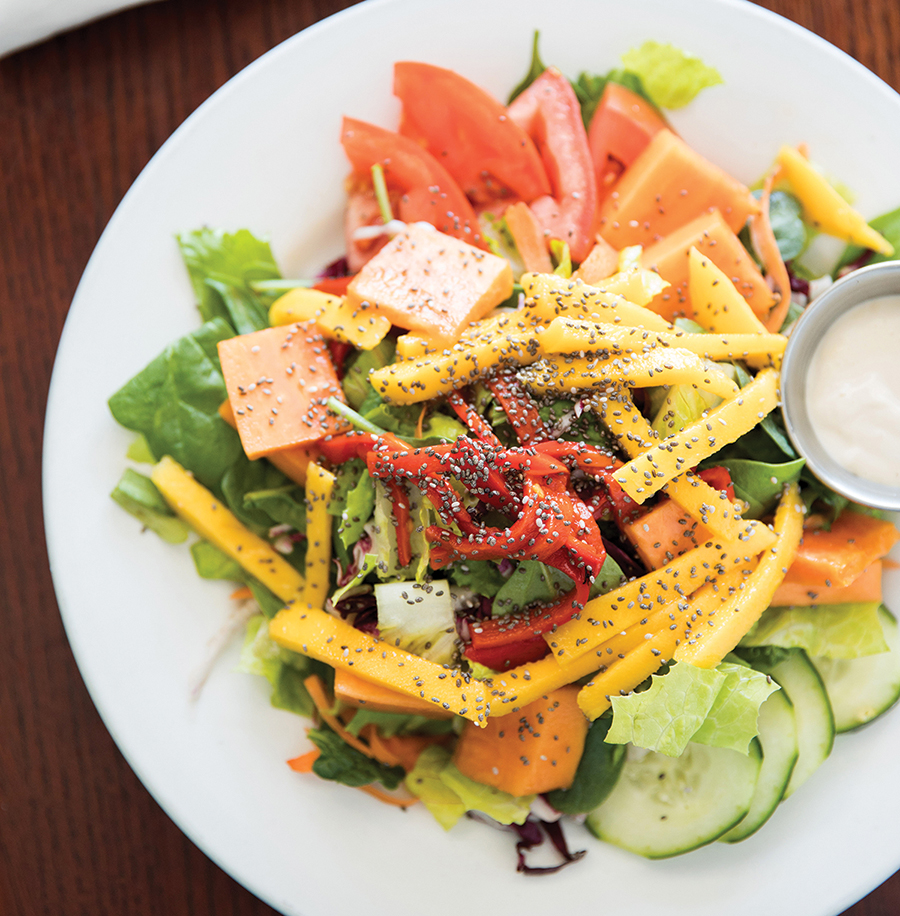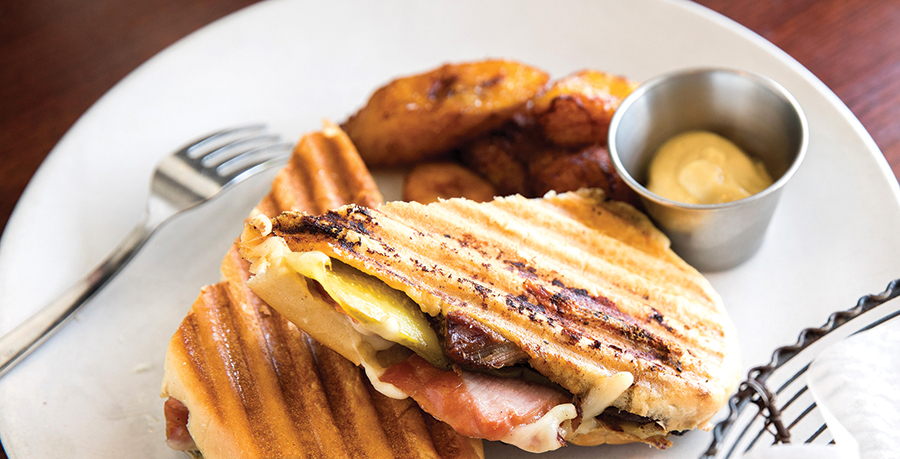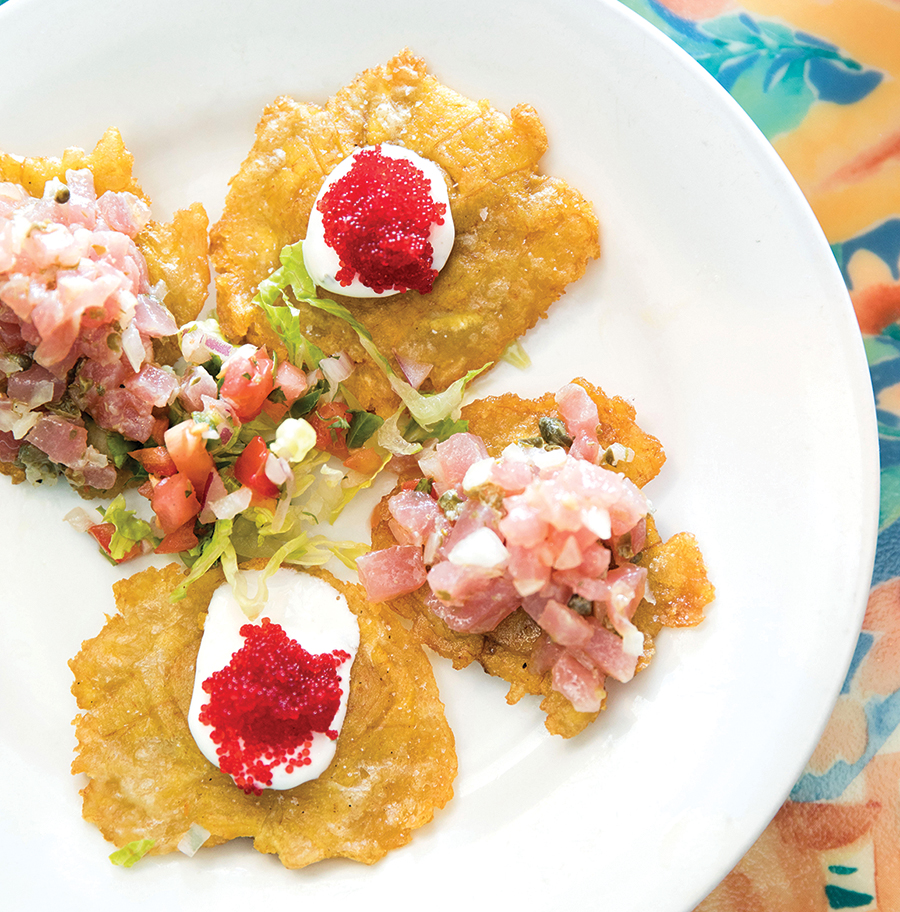How a former nun found her true calling as a midwife
By Dana Sachs
Over lunch at San Juan Café, nurse-midwife Mary Slawter and I are struggling to find the verb that best describes her role in the birth of babies. “I don’t like to use the word ‘deliver,’” Mary says. Medical professionals “are not the ones laboring for 12 or 16 hours.” When new mothers thank her for “delivering” their babies, she often replies, “You delivered this baby. You did all the work.”
“So, what word would you use?” I ask.
Mary, who is 78, has a wry sense of humor, but she’s serious now. After a moment, she says, “Caught?”
“Caught?”
“That’s not good, either,” she admits.
“Well, it’s quite literal.” Mary has spent 40 years as a nurse-midwife. By the time she arrived in Wilmington in 1998 to help found the first local midwifery practice, she had already spent decades assisting pregnant and laboring women, including African villagers, Cambodian refugees and rural farmers in Alabama. “Caught” seems to minimize the effect she has had on the lives of all these women.
But Mary likes “caught,” so I decide to let it go as we talk about her life. Mary grew up in the 1940s and ’50s, a Catholic schoolgirl in small-town New Jersey. “For as long as I could remember,” she says, “I’d wanted to be a nurse, a nun, and go to Africa.” But she wasn’t sure how to do that. Then, in high school, Mary read about the Medical Mission Sisters, a religious order that practiced nursing all over the world. “I’ll be a nun first,” she told herself.

Mary realized the weight of her decision. “What if I don’t feel God deeply enough?” she asked a nun at her school.
“It’s not going to hit you over the head,” the sister responded. “It’s a whisper, not a shout.”
That answer calmed her fears. At 17, Mary joined the Medical Mission Sisters, took her vows and began studying nursing. She planned to practice emergency medicine — “I thought maternal and child health was boring,” she says — but her order directed her toward midwifery. Soon she discovered that she “really, really loved the women and the way we cared for them.” In the United States at that time, maternity care had become highly medicalized. Many women received anesthesia during labor and essentially slept through their births. Midwifery, in contrast, “was very natural. Women could eat (while in labor) and walk around as long as everything was going normally.” A well-trained midwife, Mary saw, could have a positive effect on pregnancy and birth and be a safe alternative to obstetrical care.
In 1971, the Medical Mission Sisters sent Mary to rural Ghana. Here, women had minimal access to health care and often delivered babies on their own. One laboring woman walked 5 miles to the hospital, then “delivered her baby 10 minutes later.” Often, Mary ended up playing a major role in women’s care. When a patient lost a great deal of blood while delivering twins, Mary drove out to the patient’s village to find donors. “I begged anyone!” she recalls. In the end, she piled people into her car and drove them to the hospital, then collected enough blood to save the mother and her babies. Other stories ended tragically, and Mary found herself learning from local people. After a mother and her baby died, the woman’s husband told Mary, “That’s God’s business.” Mary realized that “he was comforting me.”
For 17 years, Mary remained a nun. She practiced midwifery in Africa, Asia and the United States and earned an advanced degree that allowed her to teach maternal and newborn care to nurses in rural areas. Then in the 1980s, her life changed. She had returned to America to care for her aging parents, and she met Maurice Cunningham, an Irish-born social worker and former priest. The two became good friends and eventually decided to marry. “This is like a birth,” Maurice told Mary. As a nun, she says, “You live a deep life and you share, but I wanted to share with one person who would know me inside and out.” In 1992, Mary left her order and married Maurice. Six years later, the couple moved to Wilmington.

Mary and I have met at the Latin American restaurant San Juan Café, which she and Maurice consider a favorite. We start with tostones de San Juan, slices of fried green plantain piled with two different combinations of seafood — chopped caper-studded tuna tartar on some and hot pink caviar with cilantro-lime crema on the others. It looks like a luxurious alternative to nachos and tastes decadent, too. Mary says, “I’d like a glass of wine to go with it.”
Fried plantains are staples of Latin American and Caribbean cuisines. Green ones, twice fried and smashed, become the firm, slightly bland tostones, while riper ones turn into sweet maduros. We eat maduros with a pressed Cubano, that classic sandwich of roast pork, ham, sour pickles and Swiss cheese. Maduros also accompany our Lechon Asado, which is pork, marinated for two days and slow-roasted, then served with red beans and rice. Consider it a Puerto Rican meat-and-three.
Here in Wilmington, Mary spent seven years as a midwife at New Hanover Regional Medical Center. She founded the local practice with Maria Sienkiwich and Jan Moses, but for a time she ran it by herself. “I knew the women so well,” she says, that “it made their births so much easier. I knew what to do for their pain.”
Not long after their marriage, Mary and Maurice left the Catholic Church, and they no longer follow any organized religion. Her idea of spirituality is “more African: God is in everything. And everyone.” Still, she says, “The Catholic Church is dear to my heart. The sisters gave me so much toward a full life.” And her years as a nun formed the philosophical underpinning for her medical practice: “You tell me your truth and I listen, then I tell you my truth and you listen. And something new is born from that.”

By the end of lunch, I’m no longer questioning how Mary describes her role as a midwife. Her choice of verb doesn’t minimize her work. Rather, it emphasizes a fundamental principle of her career — to value the primary role of women in giving birth.
So, I only hesitate a little when I ask Mary, “How many babies have you caught over the course of your career?”
And she grins widely. “Oh, thousands,” she says. “I gave up counting.”
San Juan Café is located at 3314 Wrightsville Ave. For more information, call (910) 790-8661 or visit www.sanjuancafenc.com.
Dana Sachs’ latest novel, The Secret of the Nightingale Palace, is available at bookstores, online and throughout Wilmington.


